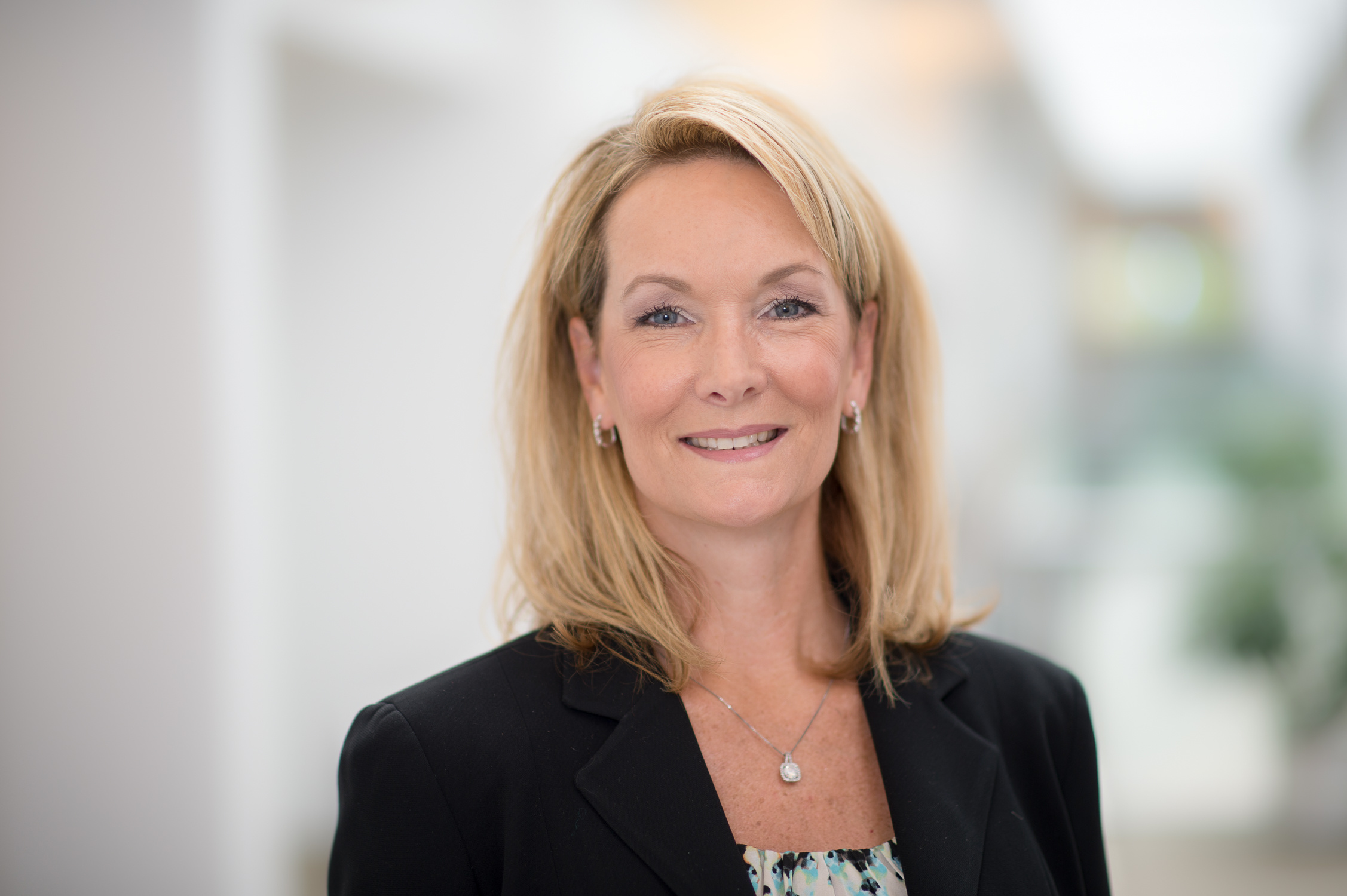International asset managers face the challenge of standing firm in their convictions (and in long-term views) while offering solutions amid market uncertainty. Meanwhile, financial advisors are more attentive than ever to what the experts have to say, and in this regard, the exchange was especially intense during the XI Investment Summit hosted by Funds Society in Palm Beach.
Understanding the Present and Continuing to Invest in Equities
Jupiter AM and Zara Azad, Investment Director from the Systematic Equities team, presented two of their strategies: the Jupiter Merian Global Equity Absolute Return (GEAR) and the Jupiter Merian World Equity Fund.
The firm raised one of the current dilemmas: How can one invest in equities under today’s uncertain market conditions in the U.S.?
Jupiter’s automated model scans around 7,000 stocks, searching for opportunities outside the benchmark and relying on strong diversification. Managers apply various investment styles but do so within a systematic framework. These strategies are rebalanced daily.
While Jupiter leans on market history, Zara Azad explained that their goal isn’t to predict the future but to capture the present—taking into account factors such as market sentiment. With the help of a graph, attendees observed how this sentiment has grown in importance over time. For example, in December 2024, fundamentals were dominant in the analysis model; today, sentiment weighs more heavily.
What investors in Palm Beach wanted to know: Azad faced a barrage of questions during her presentation. Clearly, financial advisors are closely monitoring what’s happening in their equity portfolios. Jupiter’s funds have long been staples in many diversified portfolios, but this time, advisors wanted to “look under the hood” and re-evaluate them in light of recent events.
The AAA CLO – A New Beast in Portfolios
Janus Henderson began its presentation with the basics: defining the CLO, a financial instrument unfamiliar to many in the room.
Roberto Langstroth, fixed income investment specialist at the firm, was prepared to go into detail on the underlying corporate loans, explaining that they are currently a more profitable option than cash. He also noted that AAA-rated CLO tranches have never defaulted and show very low correlation with risky assets such as equities.
U.S. CLOs make up a mature, $1 trillion market, and the USD AAA CLO UCITS ETF aims to offer diversified and liquid exposure, in addition to an extra layer of active risk management.
What advisors said in Palm Beach: Interest in CLOs was obvious and tangible. Several advisors requested specific fund data after asking many questions. Since 2008, derivatives have been a sensitive topic for investors, but CLOs make sense in today’s environment. They fall under fixed income and, most importantly, offer a coupon: “you can see the accumulation,” as one attendee put it. What’s the drawback compared to cash? In the event of a major catastrophe, they may be shaky for a few days.
25 Years of Vanguard’s Advisor’s Alpha
Vanguard has spent years researching investor portfolios and believes that financial advisory must evolve around several key aspects of the client relationship: planning, behavior, and tax efficiency. To do this optimally, the firm believes that asset allocation and investment policy should be managed by specialized services.
Colleen Jaconetti, Senior Manager at Vanguard’s Investment Advisory Research Center, defended the firm’s Advisor’s Alpha approach, which has now reached its 25th anniversary.
Jaconetti believes advisory practices have shifted toward more transparent, positive-sum activities. This has led to substantial improvements in clients’ investment outcomes while expanding the addressable market for advisory services. The widespread adoption of this model has led to a stronger focus on asset allocation, fund selection, financial planning, wealth management, and behavioral coaching, all of which translate into better results.
What financial advisors said: Vanguard’s thesis isn’t new to professionals in Miami, many of whom have long delegated portfolio construction to specialist teams. Others have always operated this way, believing that building an investment policy isn’t “rocket science” and prefer to alternate between passive and active management depending on their market outlook.
Capturing and Exploiting Market Dislocations
The XI Investment Summit in Palm Beach saw the debut of PineBridge’s new fund: the Global Focus Equity Fund, a fundamentally driven equity strategy that identifies valuation mispricing in high-quality companies.
Kenneth Ruskin, Director of Research and Head of Sustainable Investing for Global Equities at PineBridge, explained that the fund focuses on studying companies and their life cycles, aiming to capture market dislocations. Market inefficiency, he noted, arises because the market is too focused on short-term results instead of deeper issues like governance or financial strength.
The strategy is designed to remain neutral to market style rotations and to build a concentrated, high-conviction portfolio of 30 to 50 stocks.
What financial advisors noted: The boldness of the fund’s investment policy caught attention. Active management is very much alive in this strategy, which forges its own path by seeking out market mistakes. The Global Focus Equity Fund is relatively new, but it’s a strong contender among global equity funds.


 By Fórmate a Fondo
By Fórmate a Fondo
